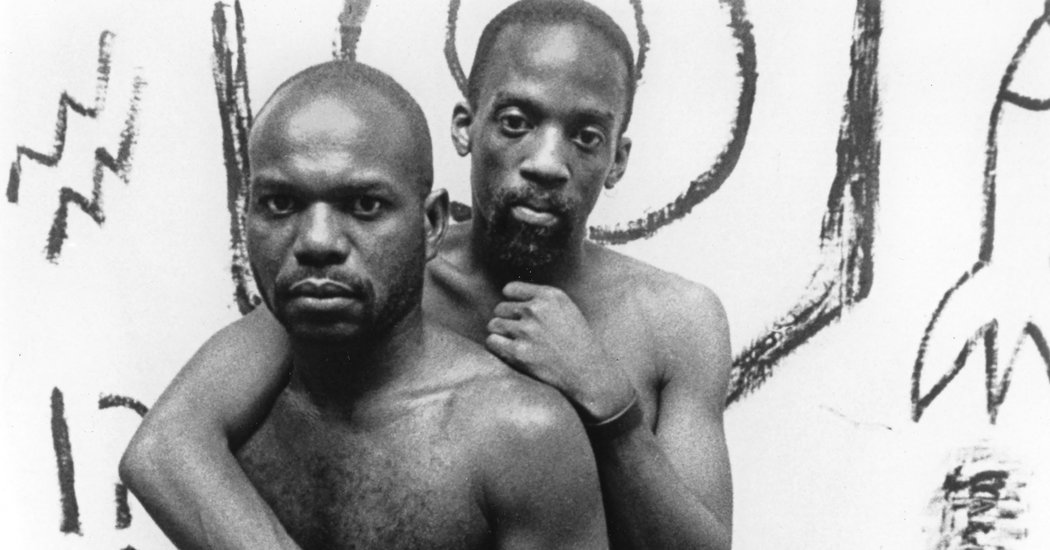
Looking for Quality Indie Cinema? Try Ovid.
Jason Bailey explores Ovid’s collection for The New York Times, published on Nov. 29, 2024 and reproduced in full below:
Over the past several months, we’ve examined and recommended several streaming services for the discriminating movie lover — sites and apps for those whose tastes run toward titles a bit more esoteric than the likes of Netflix and Amazon Prime Video. Our latest entry spotlights a terrific subscription streamer for independent film fans.
When the streaming service Ovid launched in March 2019, it aimed to fill a gaping hole in the online cinematic landscape. An initiative of Docuseek, L.L.C., Ovid’s founding distributing partners (Bullfrog Films, First Run Features, The dGenerate Films Collection, Distrib Films US, Grasshopper Film, Icarus Films, KimStim, and Women Make Movies) had watched services like Netflix, which were initially happy to host independent movies, turn away from smaller films in favor of splashier mainstream fare and their own, in-house offerings. At Ovid (and a few other streamers we’ve spotlighted in this column), those titles could find a home for viewers with an interest in cinema from the fringes.
The service initially housed 350 titles, most of them from the nonfiction space. It now boasts 2,282 titles, and has expanded from those initial eight distribution partners to over 60 from around the world. The library remains heavy on documentary, with films helpfully curated into categories of (among others) biography, arts and culture, politics, the environment, L.G.B.T.Q.+ issues, civil rights and, of course, movies about movies. The service also curates specialized collections, including films about basketball, journalism, the Vietnam conflict, jazz music and “dead French philosophers.”
Ovid isn’t merely for doc-heads, however; the service has also grown its library of narrative films, primarily from the worlds of independent and international cinema. Their offerings include contemporary award-winners like Gaspar Noé’s “Vortex,” Jem Cohen’s “Museum Hours” and Sophia Takal’s “Always Shine,” as well as recently rediscovered and restored gems like “The Strangler,” “Delta Space Mission” and “The Tune.” And bingers will find an assortment of fine television shows as well, from the docuseries likes of “The Story of Film: An Odyssey,” “With God on Our Side” and “Reporters Against Power,” along with some less-expected titles (such as the BBC series “Do Not Adjust Your Set” and “At Last the 1948 Show,” which featured various members of Monty Python before they teamed up for that troupe).
The interface is smooth and intuitive, and picture quality is sharp, even for older, presumably long-neglected titles. And the service is priced quite competitively — a great deal at $6.99 per month, or at a discounted rate of $69.99 for a full year, one of the most competitively-priced specialty streamers.
Here are a few highlights from their current library:
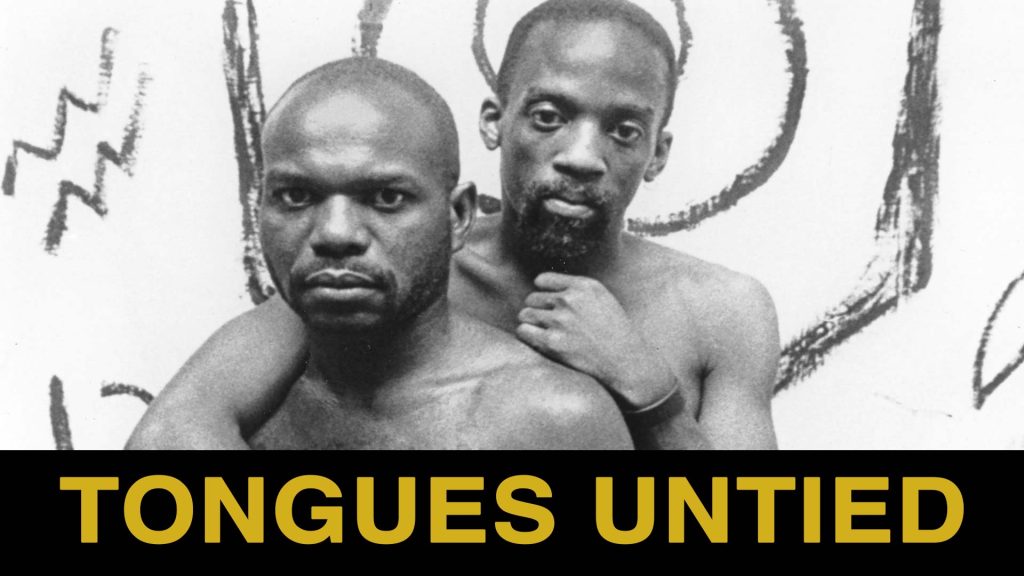
‘Tongues Untied’: When the filmmaker, poet and activist Marlon Riggs died in 1994, he left behind several provocative and powerful documentary features and shorts, many of which are included in Ovid’s collection. This hourlong 1989 effort is probably the best introduction to his work, a thoughtful, free-form essay film that touches on the thematic preoccupations that he would explore in more detail in later works — namely, the experiences of Blackness and queerness in America, and the flawed representations of those experiences in mass media. It’s a deeply personal piece, vulnerable and confessional, and also an unapologetic art film, deploying poetry, abstract imagery, dramatic monologues, on-screen text, voice-overs, and repetitive montage to create a mosaic of words and ideas that would prove a lightning rod for controversy when it aired on PBS in 1991.
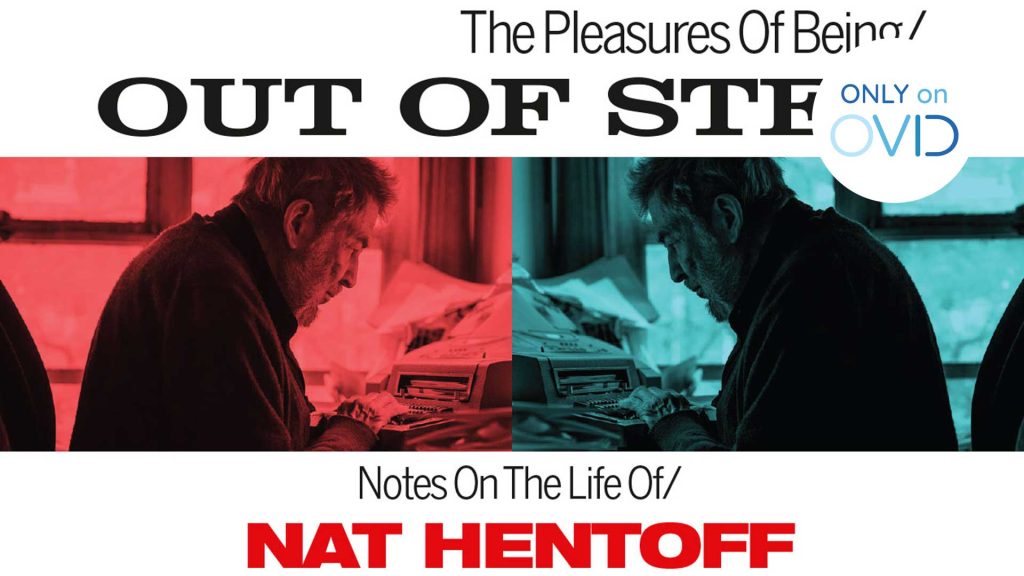
‘The Pleasures of Being Out of Step: Notes on the Life of Nat Hentoff’: The critic Nat Hentoff is the subject of this engaging 2014 bio-documentary from the director David L. Lewis. Hentoff lived a rich and colorful life; he was known primarily for his work in the jazz world, editing the magazine DownBeat and even producing several jazz albums; he also wrote for The Village Voice, primarily in the realm of politics and civil liberties. Lewis doesn’t soft-soap his subject’s blind spots (his views on AIDS and abortion rights have not aged well), but the film is at its best when exploring his passions (swing, jazz, Bob Dylan, Lenny Bruce) and sharing his electrifying words, which are read with expected gravitas by Andre Braugher.

‘Stations of the Elevated’: Manfred Kirchheimer, who died last summer at 93, was one of the unsung legends of New York City filmmaking, a documentarian whose impressionistic films about city life frequently eschewed the norms (and, therefore, commercial requirements) of nonfiction moviemaking. His best-known film is this 45-minute celebration of subway graffiti — shot in the late 1970s, when such graffiti was widely considered blight and not art. Kirchheimer doesn’t call upon talking heads or voice-over to explain the higher purpose of graffiti artists; he merely photographs the trains, gliding over the boroughs on elevated tracks like rolling canvases, accompanied by the appropriately chaotic music of Charles Mingus. It’s a gorgeous snapshot of an iteration of the city that’s long gone, and unlikely to ever return.
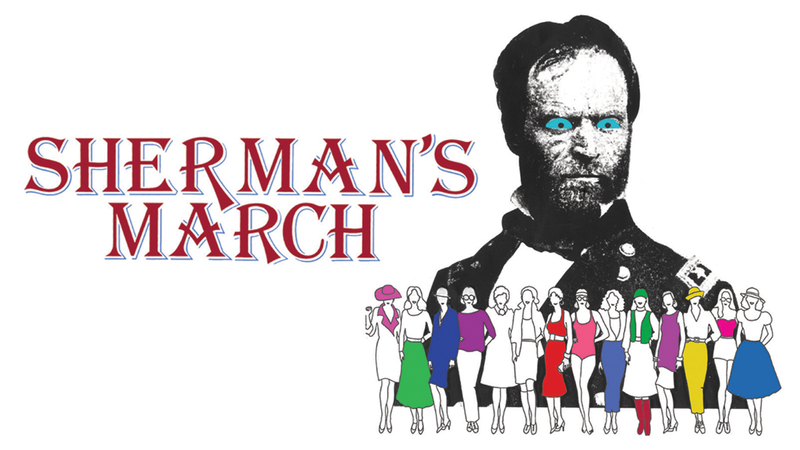
‘Sherman’s March’: Ross McElwee’s Sundance Grand Jury Prize winner was an unlikely sleeper hit upon its release in 1986; in that year of “Top Gun,” audiences didn’t seem likely to flock to a nearly-three-hour documentary meditation on romantic failure, as voiced by a soft-spoken Southerner retracing the path of Gen. William Tecumseh Sherman in the final months of the Civil War. But McElwee’s dryly funny persona and deeply personal style were just what some viewers found wanting in the slick cinema of the ’80s, and this wry, rewarding effort would prove one of the more influential nonfiction films of the era.
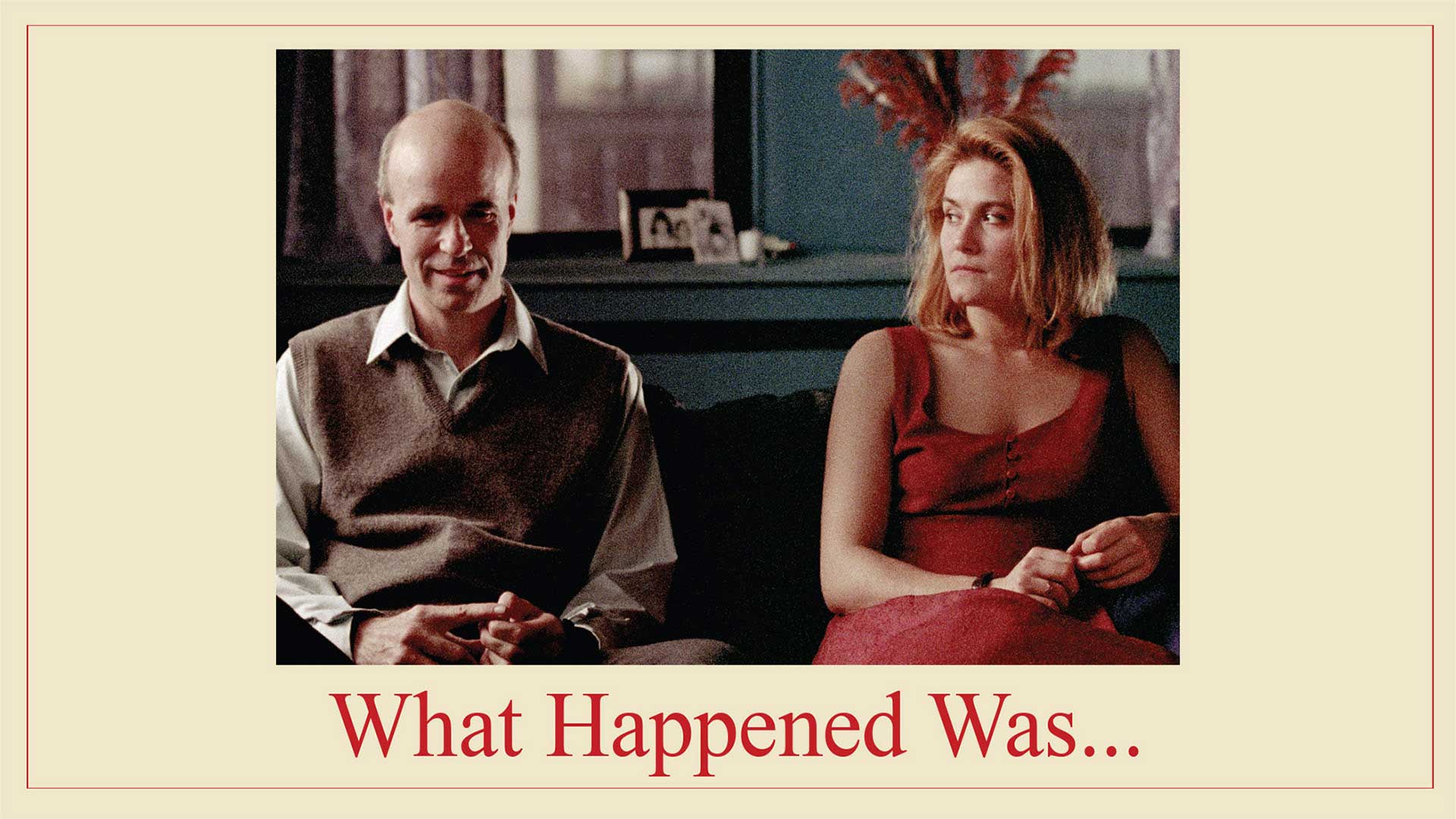
‘What Happened Was …’: One of the best non-documentary titles in the Ovid catalog is this 1994 winner of the Sundance Grand Jury Prize, written and directed by the character actor Tom Noonan (“Manhunter,” “Synecdoche, New York” and many more). Noonan and Karen Sillas star as office colleagues whose first date, an awkward dinner at her apartment, is played out in real time, with uncomfortable pauses and strange conversational detours intact. They’re both peculiar people, in specific and unique ways, shifting haphazardly from bravado to vulnerability, and both actors turn what could have been an acting exercise into a showcase for tour de forces of characterization and intimacy. The picture all but disappeared in the decades following its initial release; its placement on Ovid is a comforting reminder of the particular niche that services like this can fill.

Leave a Reply